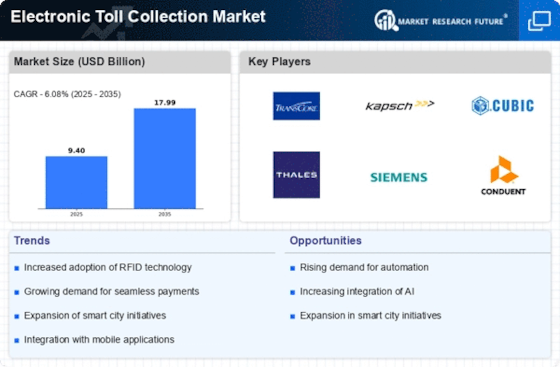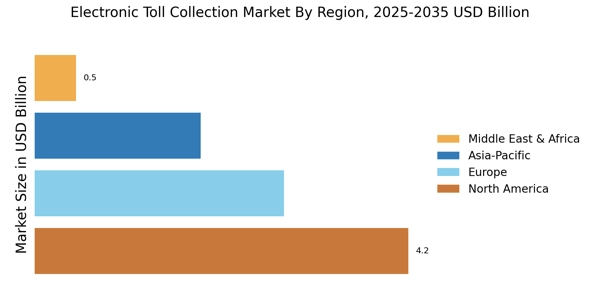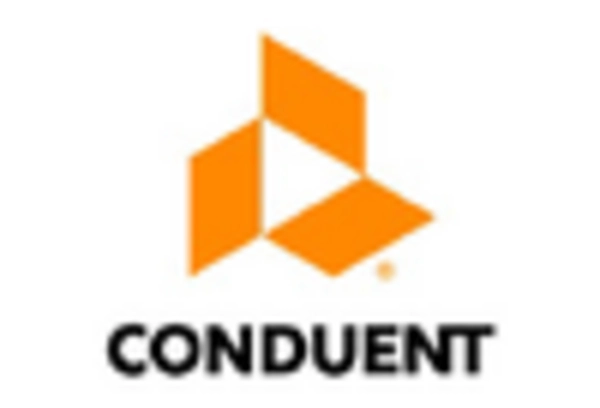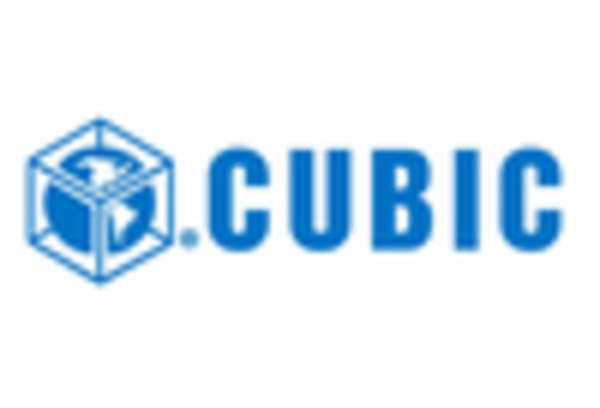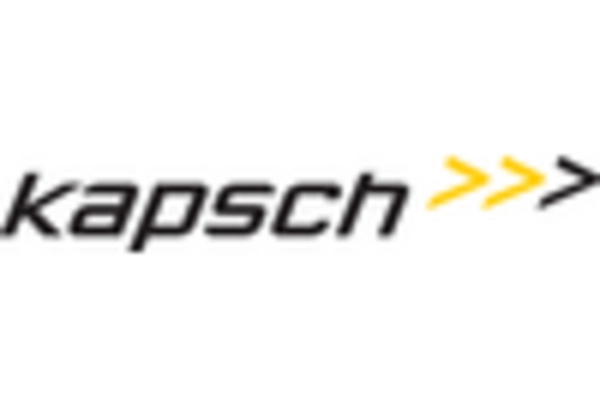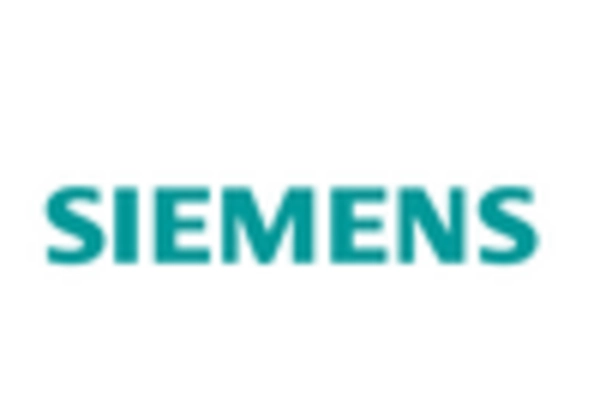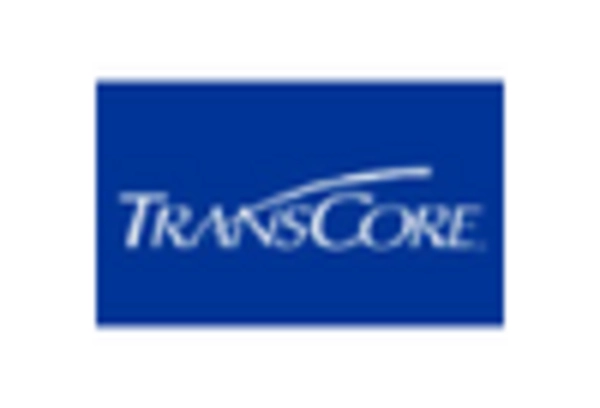Research Methodology on Electronic Toll Collection Market
1. Introduction
This research report is about the electronic toll collection (ETC) market, its current and future trends, and the potential opportunities for the stakeholders. Technology advancement, increasing use of electronic devices, rising applications of smart cards, and a growing number of vehicles across the globe are influencing the overall demand for the ETC market.
Furthermore, the factors driving the growth of the ETC market include the rising emphasis of government on road safety, increased efforts towards curbing the emission of toxins from vehicles, and the increasing demand for improving the traffic flow. Despite the potential growth of the ETC market, certain factors such as interoperability between different systems and the high initial setup cost of the ETC system may hamper the growth of the market.
For more information and to gain deeper insights into the global ETC market, a comprehensive research methodology is designed. The scope of the study is to provide a detailed overview of the size and scope of the global ETC market, along with market insights and analysis of the current and future trends, key market players and their strategies, and the overall dynamics of the ETC market.
2. Research Objective
The objective of this research is to identify the opportunities and key drivers of the ETC market, analyze the global ETC market size, value and volume, and examine the trends and potential opportunities for stakeholders over the forecast period. Additionally, the research will also focus on the study of the global ETC market across different regions with a specific emphasis on North America, Europe, Asia-Pacific, and the Rest of the World.
3. Research Methodology
The research methodology applied to the study includes both primary and secondary research. Primary research involves the collection of data from authoritative databases, industry tools, experts and surveys. Additionally, the secondary research includes a collection of data from credible industry journals, white papers, and other significant industry databases.
3.1 Primary Research
In accordance with primary research, we collected information from major industry players. To gain in-depth clarifications and insights regarding the global ETC market, surveys are conducted. For the survey, responses are collected from knowledgeable personnel including senior managers and industry experts in the ETC space. The response rate to the survey is high and provides estimable data. Furthermore, the primary research also involved various online interviews and surveys to strengthen our data points.
3.2 Secondary Research
In the secondary research method, we conducted data analysis and information collection from the already available and published data sources. The data sources include Government and private databases, books, statistics, reports and relevant services from manufacturers, distributors and other stakeholders of the ETC industry.
4. Assumptions
➢ The assumptions made for the study are regarding the adoption of ETC solutions and technologies, market segmentation, market size estimation in terms of value and volume, competition analysis, and market share estimations for the key players and regional markets.
➢ Factors such as technological developments, regulations, resources, pricing, and customer adoption were taken into account while making the assumptions.

